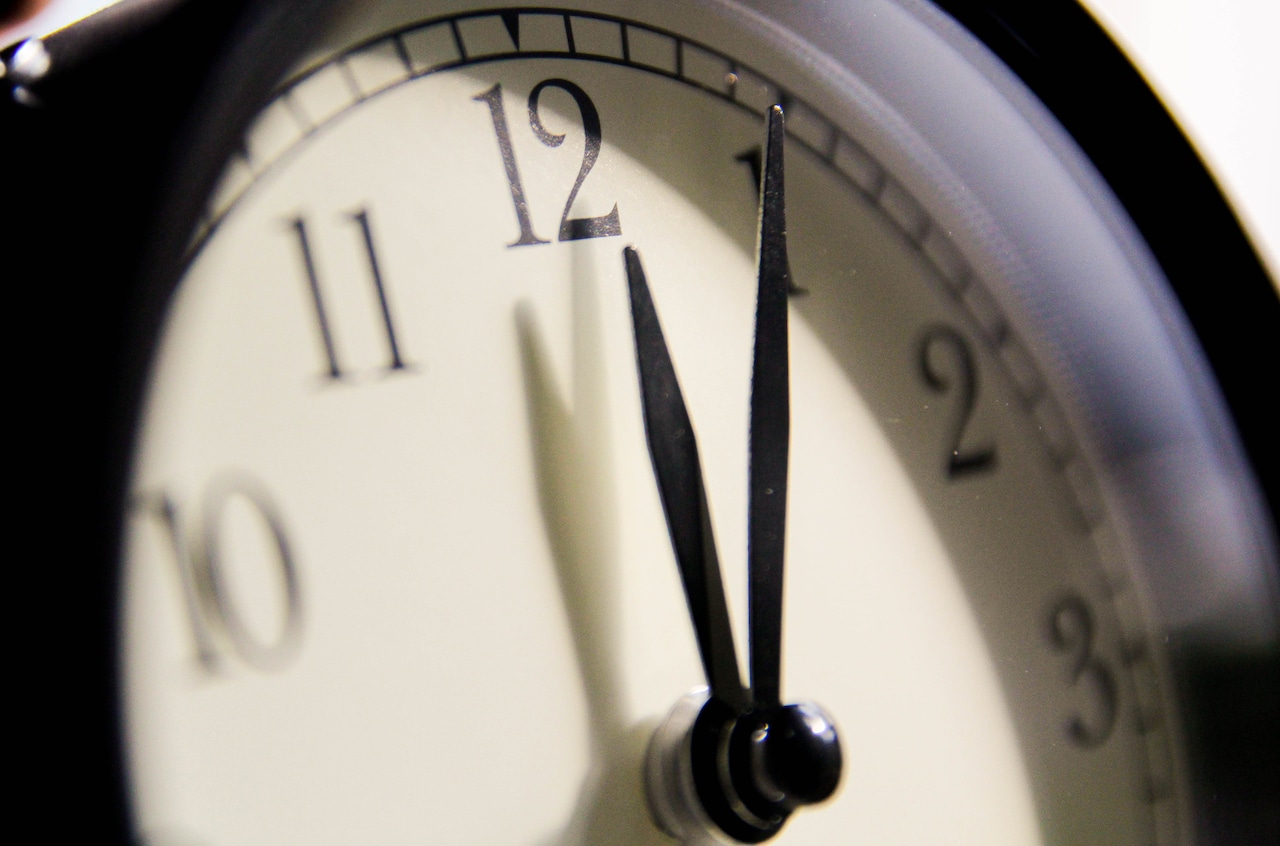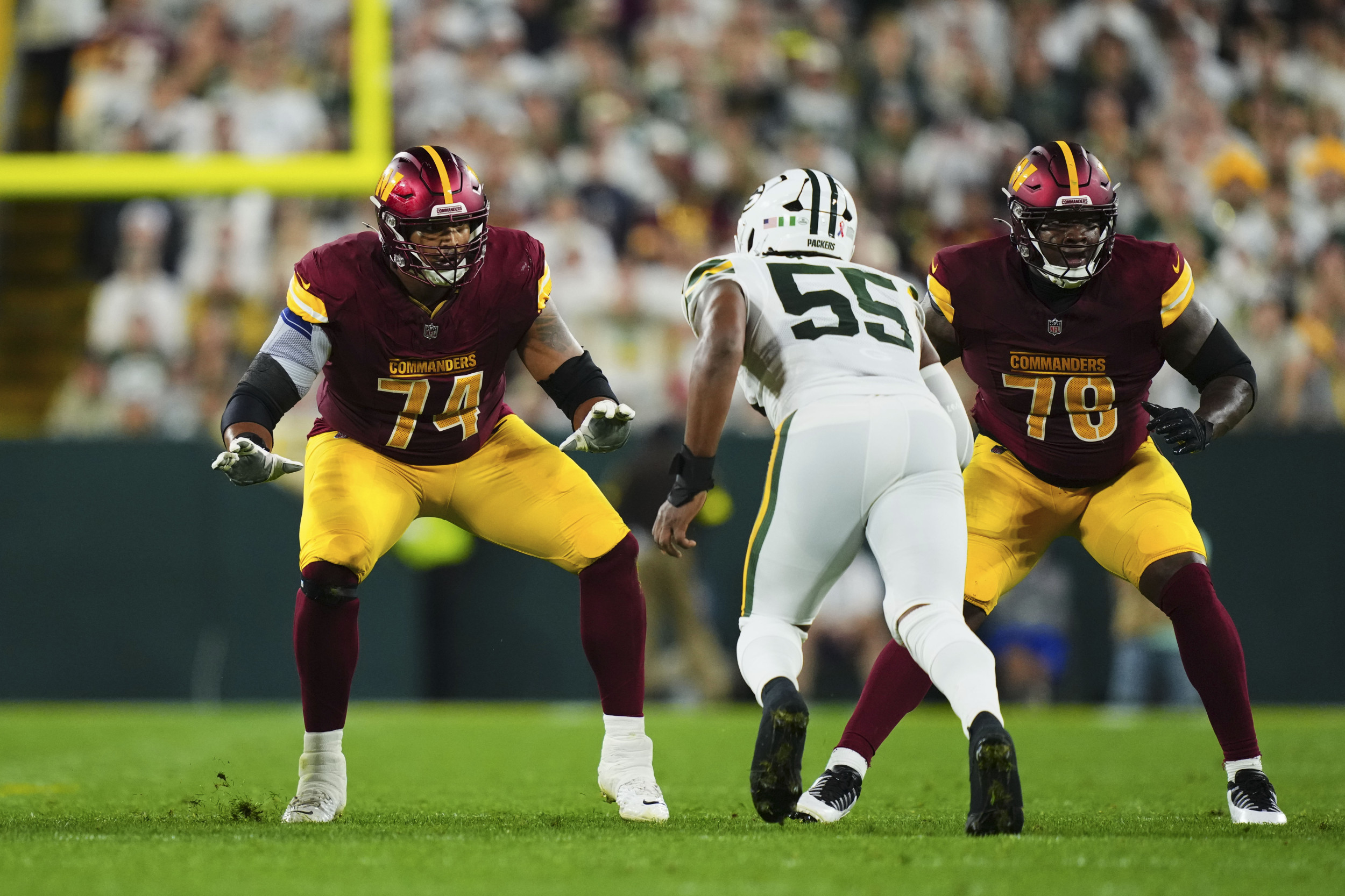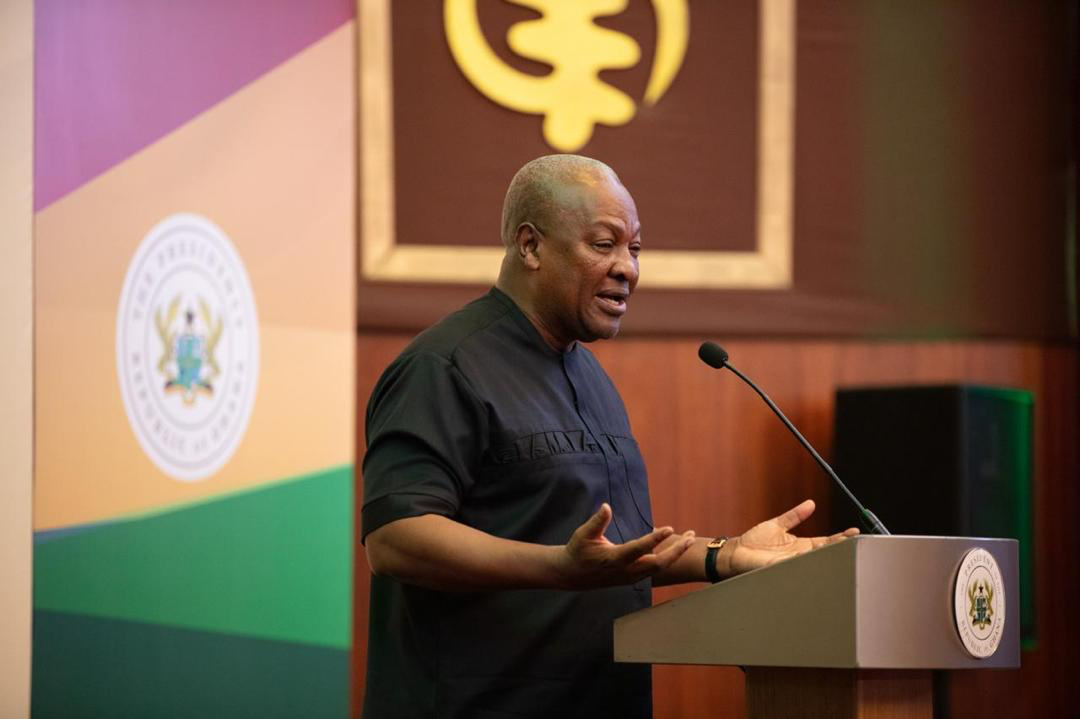
Hark — fall hath come. It’s getting darker outside earlier. Temperatures are cool (for now, at least, thank goodness).
You know what that means: PennLive’s annual, near-weekly reminder of when daylight saving time ends this year.
According to TimeAndDate.com, daylight saving time 2025 will draw to a close at 2 a.m. on Sunday, Nov. 2. Clocks will “fall back” during this time, meaning people will get an extra hour of shuteye.
The Old Farmer’s Almanac explains that daylight saving time was first pioneered by an Englishman named William Willet, who believed it could make the best productive use of the sun’s light while saving on electricity costs. The idea eventually caught steam in World War I, and here we are.
“Everyone appreciates the long, light evenings,” wrote Willet in his manifesto “The Waste of Daylight (1907).” “Everyone laments their shrinkage as the days grow shorter, and nearly everyone has given utterance to a regret that the nearly clear, bright light of an early morning during Spring and Summer months is so seldom seen or used…
“That so many as 210 hours of daylight are, to all intents and purposes, wasted every year is a defect in our civilization. Let England recognize and remedy it.”
However, there’s been a continual push to get rid of the biannual practice due to the possible health effects and dangers it has wrought: USA Today reports how in 2022 what was known as the Sunshine Protection Act — a measure that would make daylight saving time permanent — was unanimously approved by the Senate only to die in the House. A new iteration of the bill was introduced to the Senate in January.
As for Pennsylvania specifically, the PA Senate Republicans website explains how the state Senate approved to end daylight saving time in March. Further action on the bill remains pending as of the publishing of this report.
“There have always been disagreements about whether we should follow daylight saving time or standard time permanently,” said the bill’s sponsor Sen. Scott Martin (R-13). That has prevented movement on this issue at the federal level.
“For me, the most important thing is ending the practice of changing the clocks twice a year and all the negative consequences that come with it.”
For now, clocks will still be falling back on Nov. 2.



